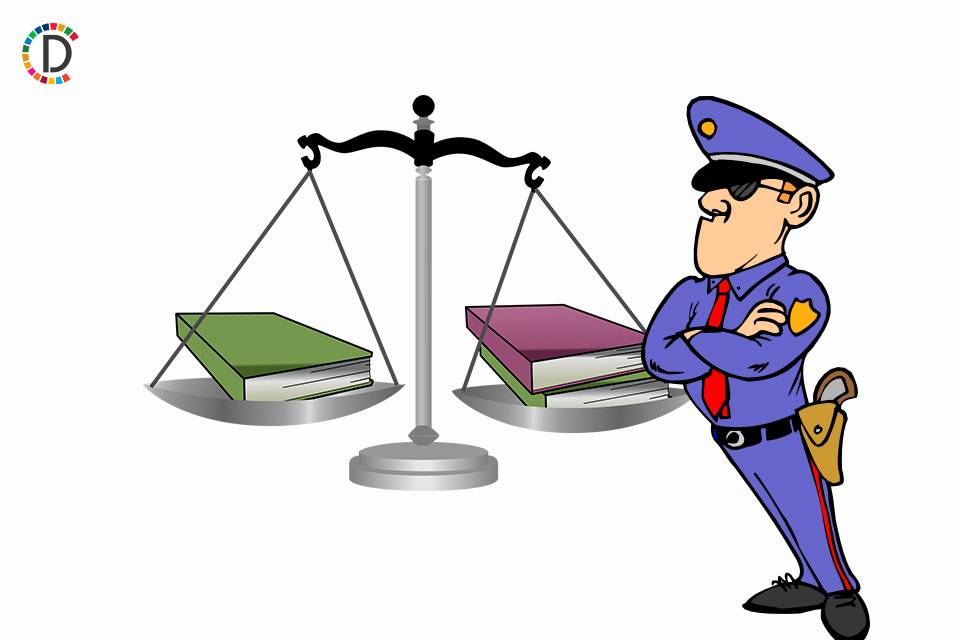Supreme Court's Firm Stance on Rule of Law and Executive Accountability
The Supreme Court reinforced the critical role of the rule of law in democracy and governance, emphasizing it as a safeguard against state power abuse. It set guidelines for preventing arbitrary demolitions, underlining the importance of protecting civil rights and ensuring accountability of public officials.

- Country:
- India
The Supreme Court of India emphasized the paramount importance of the rule of law for democratic governance, describing it as a fundamental safeguard against state power abuse during a verdict on Wednesday. The court laid out national guidelines for property demolitions, urging adherence to legal principles rather than arbitrary decisions.
In a judgment passed by Justices B.R. Gavai and K.V. Viswanathan, the court stressed the necessity of protecting civil rights and ensuring that governmental actions are just and fair. The bench highlighted the protection of human dignity as central to the rule of law, which also serves to prevent power abuse.
The ruling reaffirmed the doctrine of separation of powers, stating that executive actions, such as demolitions, cannot bypass judicial authority. The court also underscored the rights of accused individuals, emphasizing accountability for abuse of power, and proposed compensation for violated rights.
(With inputs from agencies.)










